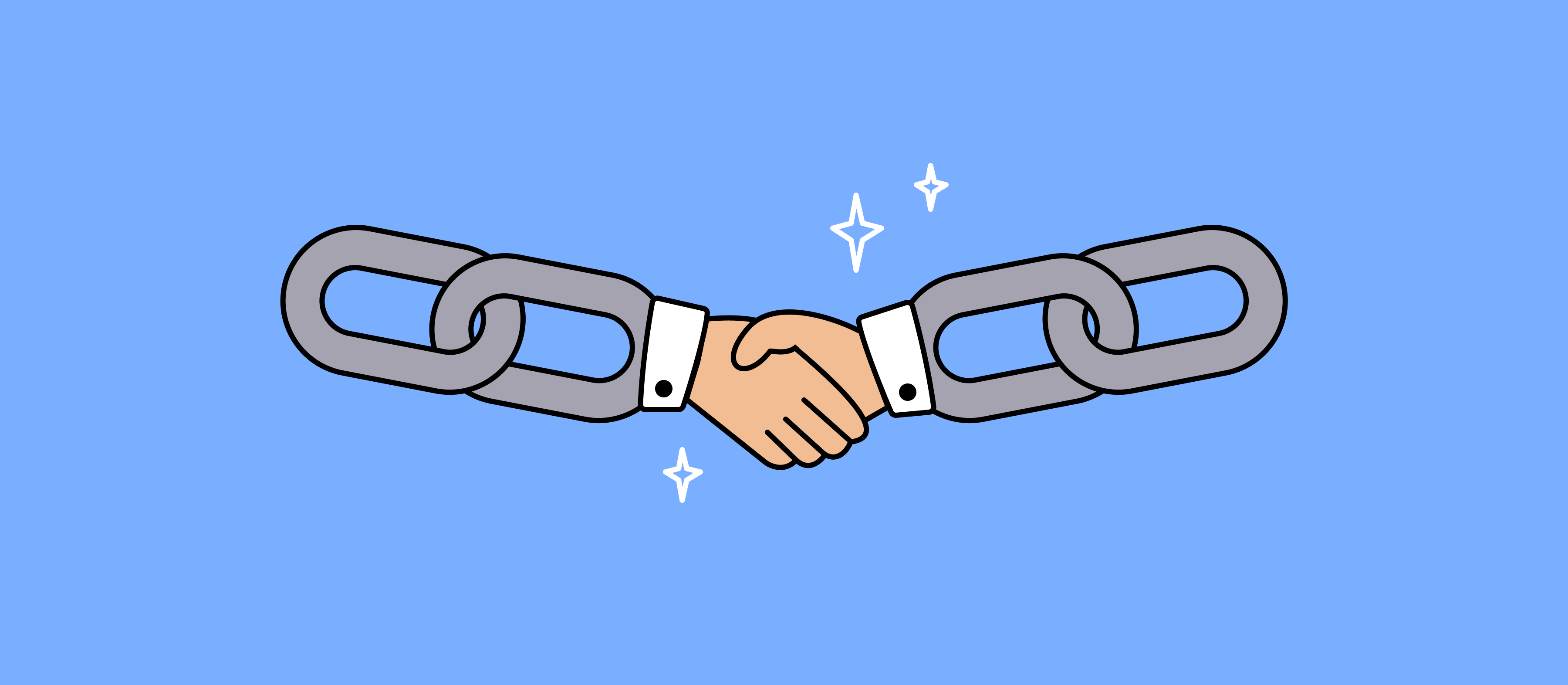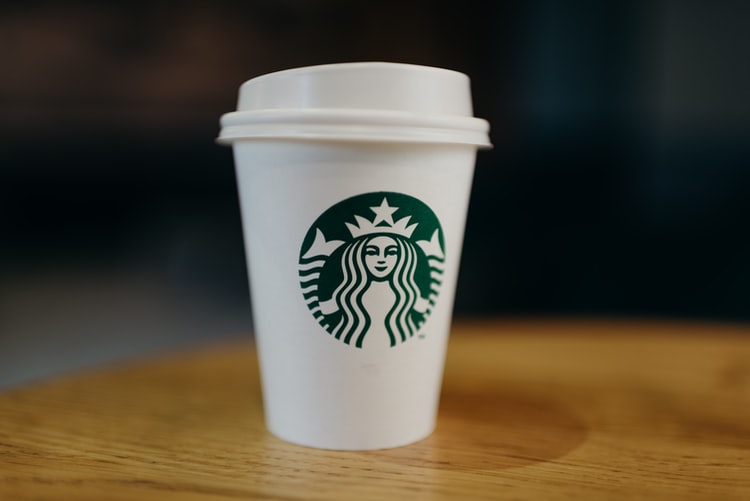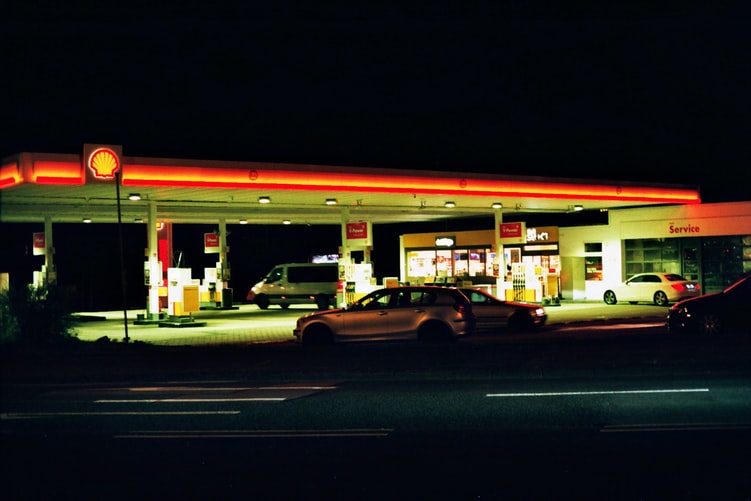Modern Businesses Using Blockchain

This blog post will cover:
- Starbucks
- Animal Health and Food Safety Alliance (CAFA)
- Verisart
- Government
- British Petroleum & Shell
- Nestle
The word "Blockchain" is very popular nowadays, especially among those who actively use the Internet. Blockchain is a way to store and transfer data without intermediaries and without problems that arise when handling money, documents, and information. In this case, the information is not stored somewhere in one place but is distributed across all computers connected to the network. Let’s say that the blockchain in its scale, innovation, and technology can be compared with the advent of the Internet or mobile devices. So many people believe that this is the technology of the future. Nowadays the blockchain is used not only in the field of cryptocurrencies and finance. We’ve already told you about blockchain being used in healthcare and the banking industry, and in this article, we will give you several more examples of modern businesses that apply this technology.
Starbucks
The world-famous Starbucks company offered its customers an honest service. Now everyone can track the origin of their coffee thanks to blockchain technology. A special code is applied to the packet of coffee grains, which gives people all the necessary information. This technology works both ways. Farmers track where their product was delivered, as well as coffee lovers the information they need. Using the code, it is possible to find out not only the origin of coffee but also the degree of roasting, as well as recommendations on how to brew it. The solution is based on the Microsoft blockchain.

Animal Health and Food Safety Alliance (CAFA)
VeChain foundation became the sole public blockchain provider in China to the Animal Health and Food Safety Alliance (CAFA). The China Alliance is an organization supported by the government under the Ministry of agriculture. VeChain Foundation works in many industries, offering businesses and organizations the ToolChain blockchain technology. There was a need to develop a reliable platform that creates a link between state-owned production enterprises and research institutes in the food sector for transparency. Similar to the case of Starbucks, it will be possible to trace the entire process from the cultivation to the retail sales stage.
Verisart
It is one of the first companies to apply blockchain technology to the art and collectibles market, allowing artists to create digital certificates that verify and track the origin of a particular work of art. The Bitcoin blockchain is used for this purpose. This startup uses a public registry to create a decentralized database of art objects. The project was designed for artists, collectors, and sellers. With its help, users can track and confirm the provenance of paintings and other art objects in real time online. This startup should put the end to scammers and pirates who steal copyrighted art products. Because of them, copyright holders lose up to 80% of possible revenue. By registering on Verisart, any artist can protect their rights and sell their masterpieces to a collector.
Government
Governments of different countries are already using blockchain technologies in healthcare, land and other property management, as well as document management.
- Sweden. In Sweden, in early 2016, the land service announced successful work with blockchain startup ChromaWay, consulting the Kairos Future firm and the telephone service provider Telia. A solution was developed for buyers and sellers, and the results of their work were tested with the participation of third-party banks. Five parties participated in the process: the buyer, the seller, the real estate agent, the Bank and the state cadastral registration service. This cooperation improves operational processes, reduces time spent, the risk of fraud, and document errors.
- United Arab Emirates.In the UAE, in 2016, the Prince approved a state strategy to transfer state document flow to the blockchain Protocol. The government's ultimate goal is to launch a blockchain platform in other cities around the world and set a single standard for smart cities.
- Estonia. In Estonia, in 2016, the state agreed with the Guardtime software company to transfer data of more than 1 million citizens of the country from electronic medical records to a blockchain basis. At the same time, the blockchain is being integrated into E-Estonia (the governmental movement which main purpose is to make the interactions between people of Estonia and the state more convenient with the help of electronic solutions).
British Petroleum & Shell
Oil giants BP and Shell have launched a blockchain platform for commodity trading. The main purpose of the creation is to optimize processes in commodity trading, including the transfer of paper documentation to smart contracts. According to David Leighton, BP's chief technology officer, blockchain will speed up the execution and verification of transactions in the oil market. "Within a large corporation, you have to manage financial settlements between dozens of different divisions, and blockchain would simplify this process," he says. Andrew Woozy, a partner at audit firm EY who worked with British Petroleum on the pilot program, said blockchain could lead to "reduced risk, better protection from cyber threats and, ultimately, significant cost savings."

Nestle
The biggest food & beverage company Nestle has announced the launch of its blockchain platform to combat counterfeiting. The company is planning to track deliveries of Gerber baby food products online. Together with other well-known companies, Nestlé Corporation has joined the food Trust blockchain project, designed to increase consumer confidence in food. Thanks to blockchain technology, every Nestle consumer will have free access to information about the origin of the ingredients of the purchased product, the method, and the place of its production. The use of blockchain in the food industry, as we have already noticed, is more relevant today than ever. The problem of food safety became especially acute after the incident with the Lactalis Corporation when a huge batch of milk produced by it (12 million bags) was found to contain Salmonella Bacillus.
To sum up, blockchain technology is actively developing now as there are many areas where it can be applied to make the lives of people safer, easier and more transparent. It is far more pleasant to know where the product came from, how it was made, how it was transported, whether it is a fake in the end. Have you ever encountered blockchain technology in your life?

